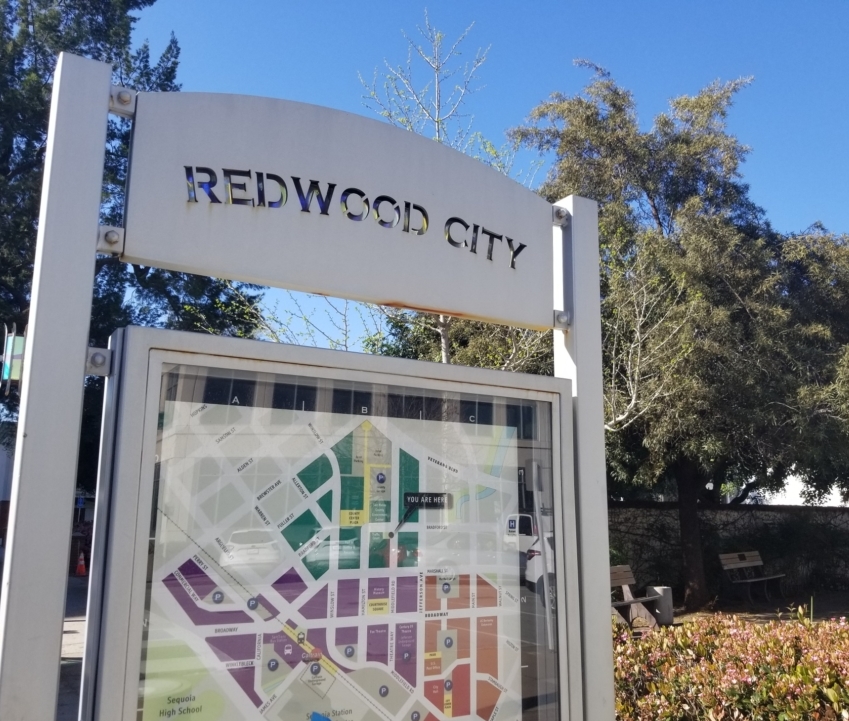Amid skyrocketing housing prices in Redwood City, startup company Bungalow is offering a solution: shared housing.
The online service is expanding rapidly across the nation — property owners lease their homes to Bungalow, which then rents out the property on a room-by-room basis. The arrangement adds affordable rentals into pleasant city neighborhoods, while aiming to be lucrative for property owners.
But when Bungalow began managing a property in Redwood City’s Mount Carmel neighborhood, some neighbors didn’t consider the arrangement a win-win.
After a single family home was converted to create additional rooms that are now rented individually and managed by Bungalow, the city received complaints over code violations and concerns about the potential impact of shared housing arrangements on noise, parking and safety. The city indeed discovered non-permitted construction at the home, which it says has since been corrected. But city staff also noted probable legal barriers to government’s ability to regulate shared housing arrangements. While the city can and does regulate short-term housing, long-term arrangements and leases are protected by anti-discrimination and privacy laws.
For that reason in large part, Redwood City council members on Monday declined to ask city staff to look into the possibility of such regulation.
“Typically, government in general cannot decide who is allowed to live in the home, and what we define a single family is,” Assistant City Manager Aaron Aknin said. “There’s also limits on privacy. The courts have ultimately found on a number of occasions that government shouldn’t be able to go in and ask about the relationship of people that are living in the homes, or what their leases are like in their homes.”
The city also can’t regulate who buys a home and the property owner’s decision whether to live in the home or rent it, Aknin added.
During public comment on the issue Monday, several renters spoke in favor of shared housing as a way to make Redwood City more affordable to lower-income professionals like teachers and service workers.
“We all face a deep and scary housing crisis…many renters already spend about 30 to 50 percent of their income on housing costs,” said Matt Larson, who rents in the Mount Carmel neighborhood. “Finding a bedroom in a co-living situation is actually a very logical option.”
Larson added, “I really would like Redwood City to be a city full of diversity, both in background and income levels.”
Rudy Turiello expressed concern over how Mount Carmel might change with investors converting homes to accommodate more residents.
“It really isn’t resistance to housing,” Turiello said, saying he supports affordable housing creation. “It has a lot to do with seeing a house that was a three bedroom converted to a six bedrooms illegally.”
Some neighbors fear real estate investors will swoop in to buy every home that goes for sale in Mount Carmel in order to expand them and maximize profit, Turiello said.
“We won’t have neighborhoods. We’ll have apartment-hoods,” he said.






